The STOP Program
Innovative Skills, Techniques, Options, and Plans for Better Relationships
HANDOUTS & HOMEWORK
FOURTH EDITION
David B. Wexler

Copyright 2020, 2013, 2006, 2000 by David B. Wexler
Previous editions published under the titles DV 2000 and THE STOP PROGRAM
All rights reserved
For information about permission to reproduce selections from this book, write to Permissions, W. W. Norton & Company, Inc., 500 Fifth Avenue, New York, NY 10110
For information about special discounts for bulk purchases, please contact W. W. Norton Special Sales at specialsales@wwnorton.com or 800-233-4830
Production manager: Katelyn Mackenzie
Library of Congress Cataloging-in-Publication Data is available
ISBN: 978-0-393-71459-3 (pbk.)
ISBN 978-1-324-01671-7 (ebk.)
W. W. Norton & Company, Inc., 500 Fifth Avenue, New York, N.Y. 10110 www.wwnorton.com
W. W. Norton & Company Ltd., 15 Carlisle Street, London W1D 3BS
Contents
WELCOME
Welcome to The STOP Program. You are here because of a report indicating that you were involved in an incident of relationship violence. This destructive behavior has damaged other people close to you (emotionally and/or physically)and it has been damaging to you as well. Even though your partner or other people in your life may have acted destructively as well, our focus in this program is on the one person over whom you have control: yourself.
This program will help you discover how abusive patterns in your most intimate relationships beganand it will help you develop new ways of dealing with the beliefs and emotions that have triggered these behaviors.
The STOP Program should really be called the GO programbecause it is designed to move forward with something better and new, not just stop the destructive and old.
Some of the issues are difficult to face, but The STOP Program will help you deal with these problems in a supportive learning environment.
Thats what real men do.
The STOP Program demands that men examine the dominance and control aspects of domestic violenceespecially issues of male intimidation and entitlement. It offers men intensive training in new skills for self-management, communication, problem-solving, and empathy for others. Special attention is paid to the self-talk that determine emotions and behaviors in any given situation.
But, most importantly, The STOP Program group leaders consistently use an approach that emphasizes respect for mens experiencesboth in personal history and in present relationships. The group leaders will always try to be compassionate and understanding about why you choose to act the way you do.
In a series of weekly groups, you and the other men in your group will have a chance to discuss family problems, feelings that led to destructive behaviors, and the impact violence has had on your relationships. We strongly emphasize new ways of communicating, handling stress, and resolving conflicts. Each session is designed to focus on a particular aspect of family violence. At each session your group leaders will assign exercises, handouts, and homework, which are included here.
This model has been carefully constructed through a long process of trial-and-error with thousands of men and through paying attention to new research in the field. We would like to thank all the men who have given so much of themselves and worked so hard throughout the years during which we have been developing the program. We have found that domestic violence has many causes and consequences and that each man has a unique story to tell.
Although many of the group sessions involve learning specific skills such as stress management and improved communication, the groups are considered to be group counseling. This means that we encourage you to think about your own life, discuss your feelings, and offer support for other group members. You will get from this program what you put into it. Use your time well.
PART I ORIENTATION INFORMATION
THE STOP PROGRAM Q&A
 Handout
Handout
Welcome to the STOP Program. The following is a list of answers to frequently asked questions about the groups. Please read this information carefully.
You were referred to this program because of reports that you were involved in one or more incidents of relationship violence. The fact that you have been referred indicates that this problem is treatable.
2. How often does the group meet?
Each group typically meets once a week for 2 hours.
3. Who else is in the group?
The group members include men like yourself who have been involved in some sort of relationship violence. This is an ongoing, open-ended group. It is very valuable to have group members at different stages of treatment to help explain to you how the group works.
4. What happens in the group?
Our philosophy is that men who get into trouble in their relationships need to learn new skills. We want to make sure that you have new ways of handling stress, new ways of thinking about difficult relationship situations, and new ways of problem solving. When you leave this program, you should have lots of new tools to help you handle things differently. This will make it much less likely that the same problems will take place.
Each session is designed to focus on a particular aspect of relationship health and/or relationship violence. Groups provide an environment in which you can discuss the problems and feelings that have led to destructive behavior and the impact violence has had on your relationship. New ways of understanding yourself, understanding others, and relating to other people are strongly emphasized.
5. Is this a class or group counseling?
Although many of the group sessions involve teaching of specific skills, such as stress management and improved communication, the groups are considered to be group counseling. This means that strong emphasis is placed on self-examination, discussion of feelings, and support of other group members. Most people benefit from the group based on how committed they are to engaging in these tasks.
6. Do I have to come every week?
You are required to attend every week. Research indicates that there is a direct relationship between steady attendance and treatment progress. In order for you to benefit from the program, attendance must be a priority. As you become more involved in the group, you will probably find that you are motivated to attend, not only for your own benefit but also to offer support to your fellow group members.
7. What about absences?
We recognize that there may be circumstances that will require you to miss a group session. If you are unable to attend a group session, please notify our staff beforehand to let us know that you will be unable to attend. Documentation of all absences is required and should be given to our staff prior to your absence. If you miss a group for unexpected reasons, please bring in documentation for the absence at the next group session. Undocumented absences will be considered unexcused.
Unexcused absences indicate a lack of interest in or commitment to changing your situation. An unexcused absence will be grounds for a report back to your probation officer or other referring agency, which may result in the termination of treatment.

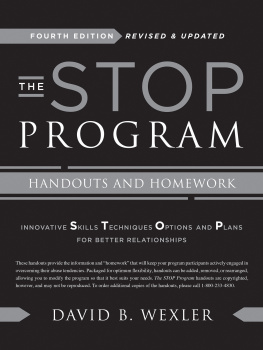

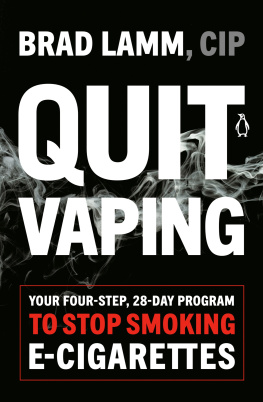
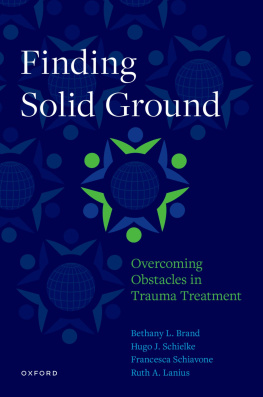
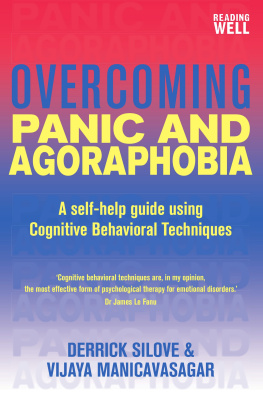
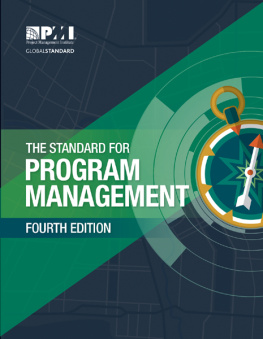
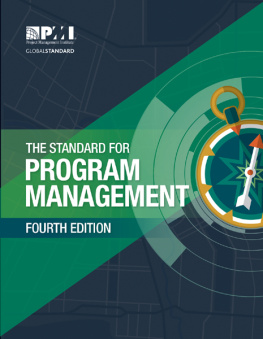

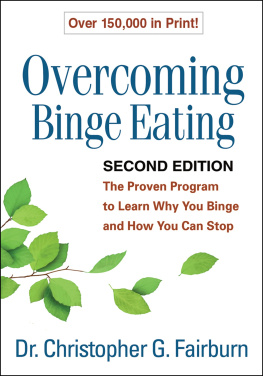


 Handout
Handout